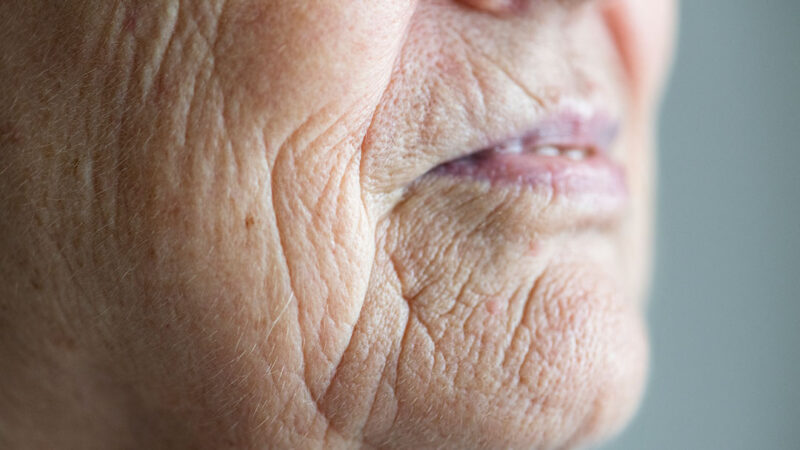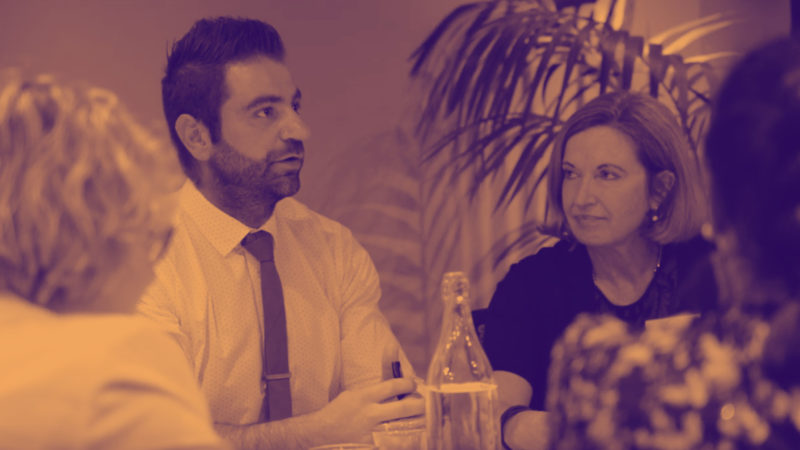Laureate Professor Clare Collins AO in Nutrition and Dietetics at the University of Newcastle, emphasises the need for accurate and reliable nutrition information to reach the public. Prof Collins believes that it is vital for clinicians to stay up-to-date with cutting-edge nutrition science and work with communication organisations to disseminate information to the general public. This is particularly important as social media is full of both reliable and unreliable information on dietary patterns, such as veganism.
Prof Collins notes that there are health risks associated with veganism and advises that people should approach it with caution. Iron, iodine, and bone density should be checked regularly for those who follow a vegan diet.
In an interview with Australian Health Journal, Professor Collins suggests that clinicians should counter misinformation on social media and stay up-to-date with the latest nutrition science to provide evidence-based advice to their patients. Regular check-ins with patients are also essential to evaluate their dietary patterns and address any nutritional deficiencies.
It is important for healthcare professionals to understand the risks and benefits associated with patient engagement to ensure that patients remain engaged in their healthcare. By doing so, patients are more likely to stay committed to their healthcare journey instead of feeling unheard and walking away from their healthcare provider.
It’s also crucial for healthcare professionals to be aware of high-level marketing activities that promote unhealthy foods and supplements in the food supply. The supplement market is worth billions of dollars, and many of the supplements available on the market are unnecessary for the general population, according to Prof Collins.
While certain supplements may be necessary for specific health conditions, the majority of supplements have no scientific evidence to support their effectiveness. Therefore, healthcare professionals should be cautious and skeptical about the need for supplements and also stay informed about what’s being marketed to patients for conditions such as pain or arthritis. Additionally, it’s essential to recognise that many food products are driven by big food companies, who stand to profit from people becoming addicted to their food products.
Above all, health care professionals need to know where to direct people to evidence-based information. Globally, people can access information via The Conversation, a free public website that is a collaboration between academics and journalists to translate evidence-based information into readable, practical, and usable advice.
In her research, Prof Collins created a website called “No Money, No Time,” where nutrition research evidence is synthesised into bite-sized short reads and linked to recipes so that people can use nutrition science. This way, people do not have to wait for years for the translation of advice on what to eat for health.
Professor Clare Collins is a dietitian with over 40 years of experience, currently holding an NHMRC Level 3 Leadership Research Fellowship and a Fellow of Dietitians Australia. In the past and in her career, assessing someone’s nutrient intake was a time-consuming task that required collecting a detailed diet history and manually calculating nutrient contents. However, in recent research, Prof Collins has developed cutting-edge tools that can analyse dietary intake and provide detailed information in as little as 15 minutes.
Prof Collins believes that the future of nutrition science lies in precision and personalised nutrition, which takes into account an individual’s genetics, nutrient requirements, and response to dietary interventions. Her research also explores the relationship between technology tools and biomarkers found in blood or urine, and how these tools can be integrated into primary care to improve nutrition-related healthcare for all.
You Might also like
-
The world of AI avatars in dementia care
Dementia care is one of the critical issues facing the aged care industry. About 500,000 Australians currently live with the brain disorder condition, and this is tipped to rise to 1.1 million in a generation.
How to effectively provide quality care for people living with dementia was a key element of the royal commission into aged care, which found the complex care required was an ongoing challenge for the industry.
-
Prioritising Oral Health in Aged Care and Disability Support
Leonie Short is a Dental Practitioner and Dental Therapist. She started working as a dental therapist in Rural NSW and then moved into being an academic and researcher. Through her career, Leonie has worked at 6 universities across New South Wales and Queensland, and remaining community focused.
Leonie’s mission is to have improved oral health experiences and outcomes, however she recognises, the health system really needs to work hard to make it happen and for people to understand why it needs to be a priority.
-
Clinical Trials in Australia
Shanny Dyer, CEO ARCS Australia talks about a recent summit where the CRO (Contract Research Organization) community was asked on the current state of clinical trials in Australia.


